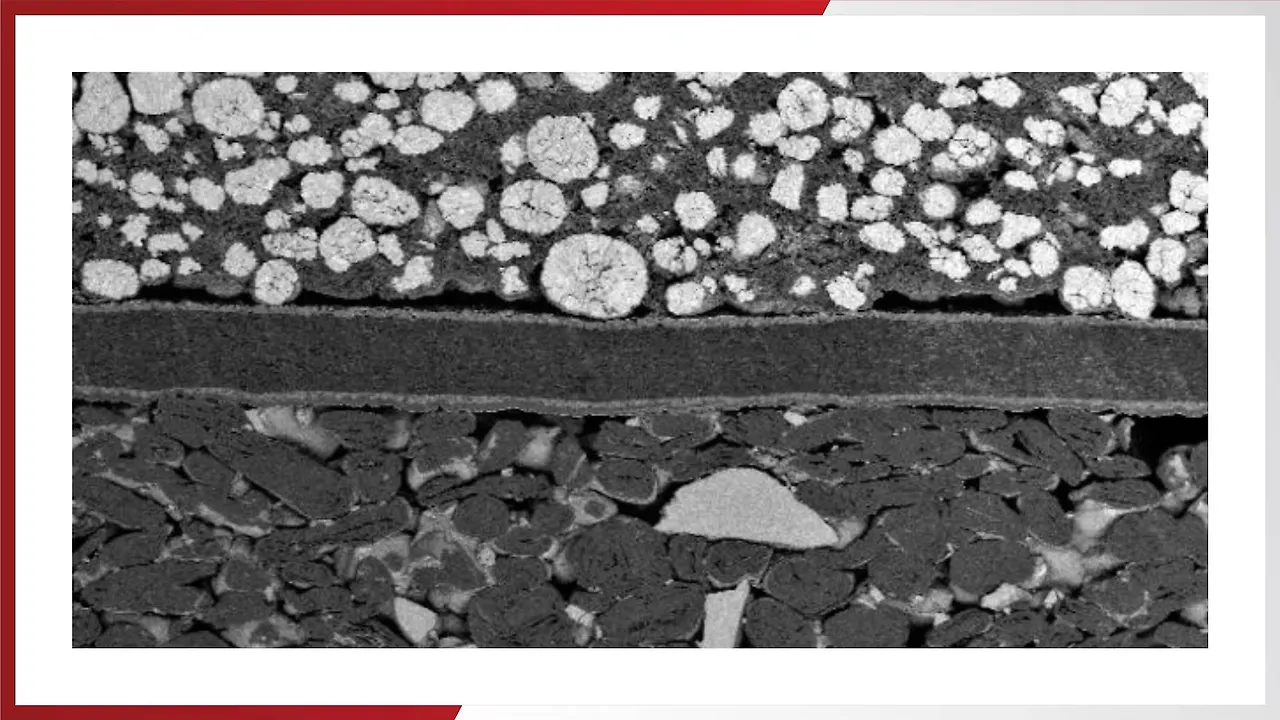
The production of high-quality and reliable batteries for electric vehicles (EVs) is fraught with challenges. These range from the cost and availability of raw materials to the intricacies of manufacturing and research and development (R&D). While we all agree that these challenges must be addressed effectively to ensure the performance, safety, and supply chain reliability of EV batteries, it is still a complex problem. However, by investing in R&D, improving battery chemistry and design, and diversifying sources of raw materials, the industry can make significant strides in producing better batteries, or even move to a strategic leadership position if we do it right. We had a discussion with Aveen Padmaprabha who is the Head of Industrial Quality Solutions at Carl Zeiss India (Bangalore), throwing more light on these challenges, and solutions.
Material & Supply Chain Challenges
One of the primary challenges in EV battery production is securing a steady supply of high-quality raw materials. Lithium, cobalt, nickel, and manganese are essential for battery production, and their availability can significantly impact manufacturing costs and efficiency. To mitigate supply chain risks, manufacturers must diversify their sources and reduce dependence on any single supplier or region. This can be achieved by developing partnerships with multiple suppliers and exploring alternative materials. This will also entail manufacturers to look beyond the usual countries, and expand to lesser known but distant allies.
Additionally, establishing a circular economy for EV batteries can reduce environmental impact and supply chain risks. By recycling used batteries and recovering valuable materials, manufacturers can lessen their dependence on new raw materials and reduce waste. This approach not only supports sustainability but also enhances supply chain security.
Manufacturing & R&D Investments
Manufacturing high-quality EV batteries requires advanced equipment and substantial R&D investments. To ensure batteries meet performance and safety standards, manufacturers must continually invest in improving battery chemistry and design. This includes developing batteries with higher energy density, lower weight, faster charging capabilities, and improved longevity.
Understanding materials and cell chemistry is crucial to addressing performance degradation caused by repeated charging and discharging cycles. High charging and discharging rates can further disrupt this issue making it essential to invest in research that focuses on mitigating these effects. Innovations in battery chemistry, such as solid-state batteries and lithium metal batteries, hold promise for the future but require significant R&D efforts.
Quality Control & Production Efficiency
Maintaining high production efficiency and minimising scrap is essential for cost-effective battery manufacturing. Thorough monitoring of the quality and production process ensures that batteries meet stringent standards. Implementing advanced metrology solutions can help achieve this goal.

For instance, ZEISS offers a range of metrology solutions that play a crucial role in maintaining long-term quality management in battery production. Their tactile and optical metrology devices, supported by cutting-edge software, can automate quality checks and compare parts against a 'golden sample' or a CAD file. ZEISS X-ray microscopes provide 3D views of internal microstructures, revealing potential issues such as particle contamination and separator pinch points, which can lead to lithium dendrite formation and thermal runaway.
Safety & Performance Considerations
Cost-cutting measures can sometimes compromise safety and performance, while focusing too much on performance might reduce durability. Manufacturers must navigate these trade-offs carefully to meet market expectations.
For example, while Nickel Manganese Cobalt (NMC) batteries offer higher performance, they are slightly less stable than Lithium Iron Phosphate (LFP) batteries. Prioritising durability might reduce performance, and reducing costs might limit the choice of materials, impacting overall battery quality. Engineers must extend the performance range of batteries while ensuring they remain safe and cost-effective.
Collaboration between battery manufacturers, automakers, and governments is essential for advancing EV battery technology. Joint investments, innovation initiatives, and policy support can drive significant improvements in battery design and manufacturing.
Future Trends & Building Consumer Trust
As the EV market grows, especially in countries like India, new trends in battery technology and production methods are emerging. Research on new materials such as sodium-ion batteries promises lower raw material costs and improved safety, although they currently have lower energy density compared to lithium-ion batteries. Solid-state batteries with their higher energy density and potential for faster charging are also on the horizon. Although the mass-market availability for these is still years away.
Battery swapping in India is gaining a lot of interest lately to avoid lengthy charging times which is influencing manufacturers to focus less urgently on charging rates. Advances in additive manufacturing are expected to further optimise and standardise production processes.
Looking through the lens of the consumer, enhancing the quality and reliability of EV batteries is crucial for building trust and accelerating adoption. Addressing range anxiety, charging infrastructure concerns, and battery longevity are essential to gain consumer confidence. Improvements in battery design that lead to lower costs, higher performance, and increased mileage per charge, along with faster charging, can significantly boost consumer trust.
Experiencing a reliable and high-performing EV can dispel concerns about safety and convenience. Early adopters in India are already showcasing the benefits of EVs and their contribution to a more sustainable and greener future. Startups have taken a notable lead in this, but facing tough challenges may need a hand up by the entire ecosystem.
Also Read
Impacts Of EV Surge On Manufacturing & Quality Assurance: Carl Zeiss India